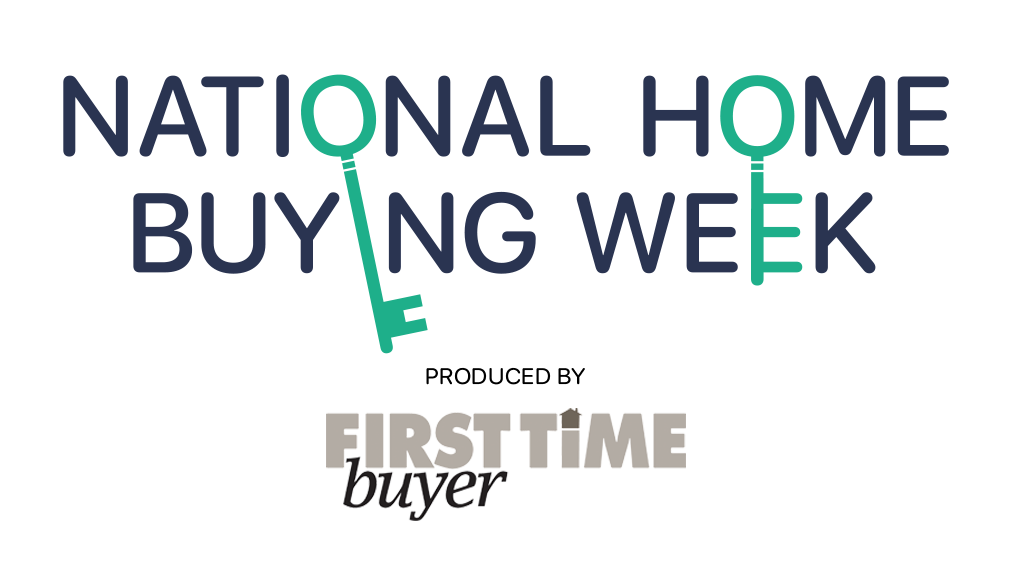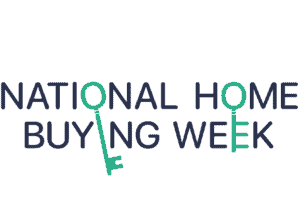Mortgages and Interest
How to get the best rate
The best thing you can do to ensure a lower interest rate is to have a good-sized deposit.
The smaller the percentage you are borrowing, the less the risk to the lender, so the better rates they will offer.
Look at the difference on the best buy rate for borrowing on a £250,000 house:
95% family assisted mortgage - 3.05%;
90% mortgage - 2.65%;
85% - 2.12%;
80% - 1.49%
75% - 1.24%.
If you took the 95% mortgage you would end up paying £411,602 over 25 years, but if you were able to take out the 75% mortgage you would pay back £300,202.
The interest rate also depends on your credit rating – if you have issues, the best poor credit mortgage currently on offer would lend a maximum of 85% at a 3.75% interest rate. Try to prepare by getting your finances in good order well before you are ready to buy.
To fix or not to fix
There are two main types of mortgage.
A “variable rate” mortgage goes up and down when interest rates move, so the amount you pay each month can change. A “discounted variable” is always a certain amount lower than the base rate, often for a limited period of time.
With a fixed rate mortgage, the amount of interest you pay each month will not change for the duration of the fix, so this type of mortgage offers the security that your monthly payments will not increase for a number of years. When the fix ends, however, you will be put on to the lender’s SVR (standard variable rate) which will be much higher. As there are fees (and paperwork/inconvenience) involved with remortgaging, very short fixed terms may not be worth doing, even if they look cheaper.
On the other hand, if you fix for five or 10 years and interest rates drop you could end up stuck with a more expensive mortgage.
How does a repayment mortgage work?
The usual type of mortgage for a first time buyer is a repayment mortgage, which means that each month you will pay a mixture of interest and capital. In the early years your repayment will be almost all interest, and only a tiny bit of capital. You may want to choose a mortgage that is flexible to allow an overpayment so you can pay it off more quickly.

